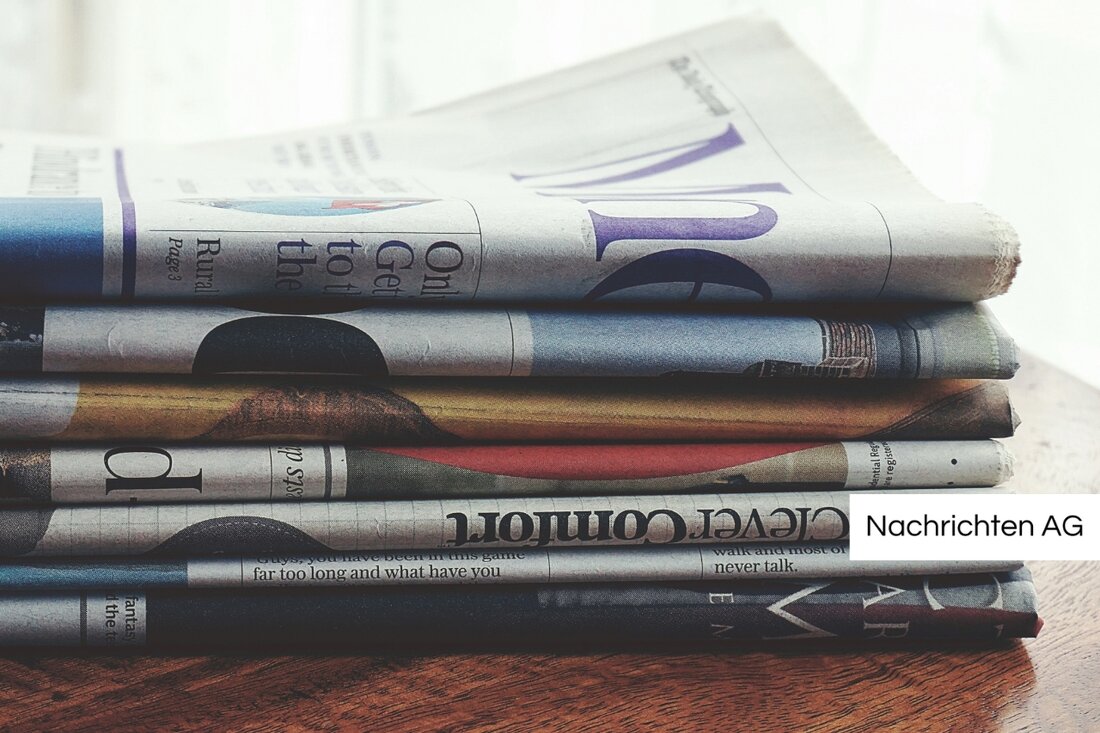Greifswald's ancient treasures: secrets from ancient archives revealed!
Special exhibition “From the Archives” at the University of Greifswald: Ancient treasures until July 31, 2025, guided tours and insights into historical objects.

Greifswald's ancient treasures: secrets from ancient archives revealed!
On June 10, 2025, the special exhibition "From the archives. Mysterious, unseen, dusty: Greifswald's ancient treasures" opened in the Greifswald Central University Library. The exhibition will be on view until July 31, 2025 and offers a deep insight into the university's historical collections as well as private collections. Under the direction of Dr. Christian Barthel, 20 students from the History Institute designed and organized this project.
The exhibits include a variety of fascinating artifacts that shed light on everyday life, the cult of the dead and the history of the reception of antiquity. Among the outstanding objects is a bust of the giant Clytius, a replica of which is based on an original from 150 BC. BC based. There is also an urn from the late Bronze Age, dated to around 800 to 0 BC. BC, with grave goods to be discovered. The opportunities for those interested to learn more about material traces of past millennia are further deepened by additional information and cultural-historical contexts provided online.
Special exhibits and discoveries
One of the special highlights of the exhibition is a figurative relief that can be assigned to the Athenian treasury in Delphi. The student Johannes Wigger made this interesting discovery. The relief, which shows fragments of Athena and Theseus, was made for teaching purposes in the 19th to 20th centuries. The exhibition also includes plaster casts, jewelry, urns, ceramic vases and many other objects, including a unique long dress made of bed linen fabric, sewn by student Maybritt Metz.
In addition, student Jannes Patzsch examines a damaged clay figure whose original function is still unclear. Those interested have the opportunity to take part in thematically guided tours, each lasting one hour. These are offered on Tuesdays and Saturdays to provide students and school classes as well as anyone interested in ancient history with in-depth access.
Access and guided tours
The exhibition is accessible free of charge during regular opening hours of the Central University Library. Guided tours take place on Tuesdays from 3:00 p.m. to 4:00 p.m. and Saturdays from 11:00 a.m. to 12:00 p.m. and 1:00 p.m. to 2:00 p.m. Additional tours are available upon request, led by Dr. Christian Barthel are offered. This initiative is part of a larger project that has been running since April 2025 and offers students the opportunity to gain insights into various fields of activity and to understand the collecting of historical objects.
The exhibition not only highlights Greifswald's ancient treasures, but is also in the context of other important collections, such as the Antikenmuseum at Heidelberg University. Founded in 1848 and continually expanding, this museum provides a comprehensive overview of ancient Mediterranean cultures. While the Greifswald collection is characterized by its thematic depth, Heidelberg presents a variety of important exhibits, including painted Greek and Etruscan vases as well as impressive ceramic pieces.
The synergies between the collections are an example of how historical and cultural treasures can be kept alive through shared interest and study. This makes it clear that the appreciation of ancient cultures lies not only in collecting objects, but also in imparting knowledge about their history and context.
Further information about the exhibits can be found on the website University of Greifswald, NDR and University of Heidelberg.

 Suche
Suche
 Mein Konto
Mein Konto
